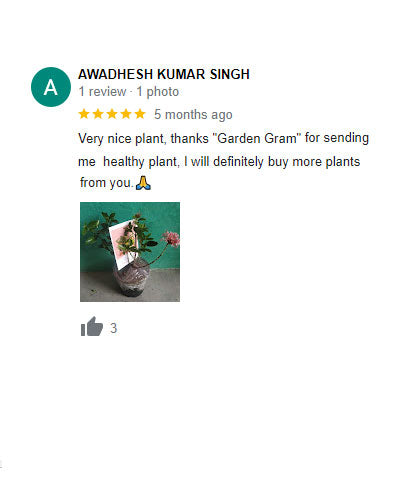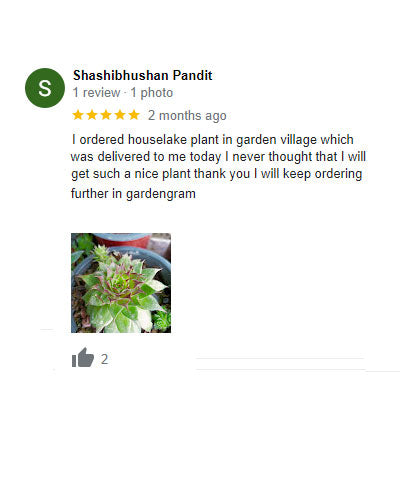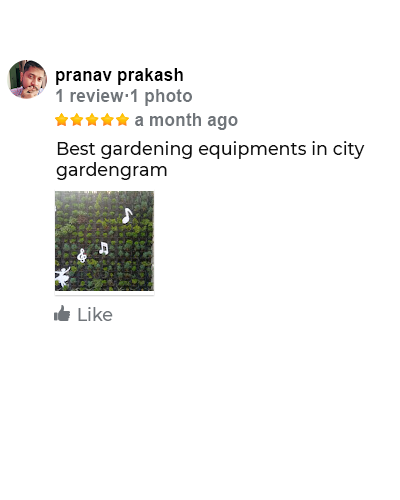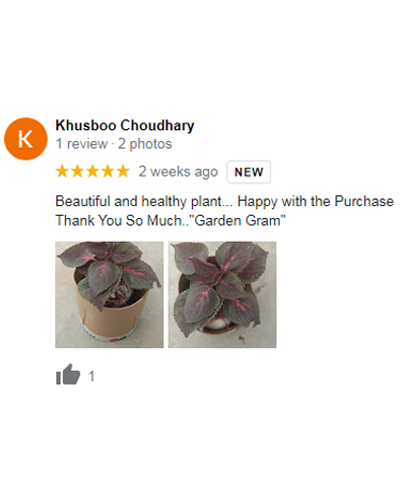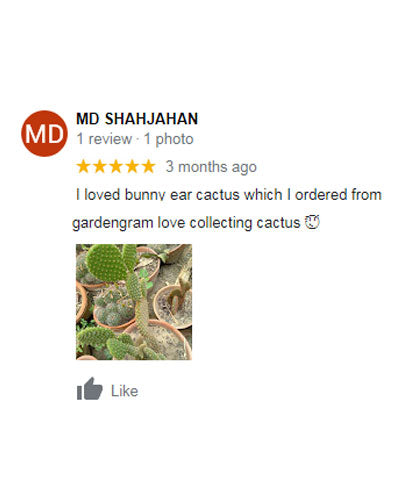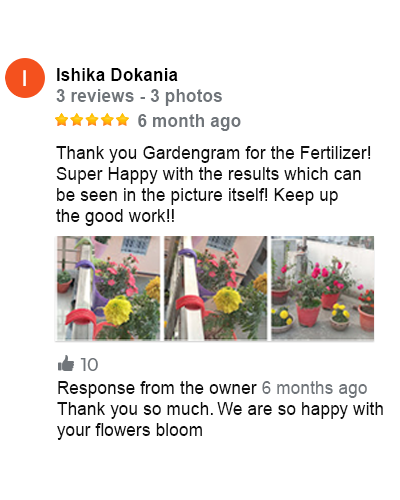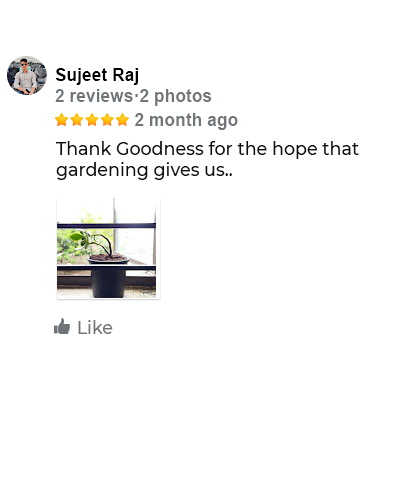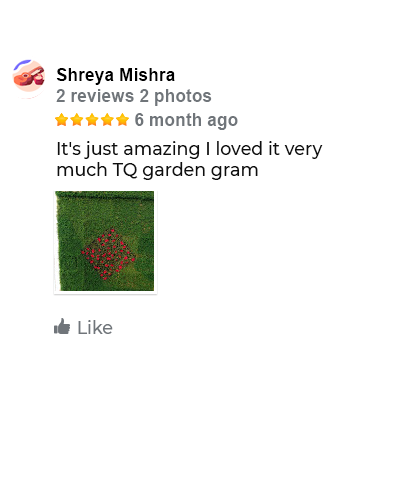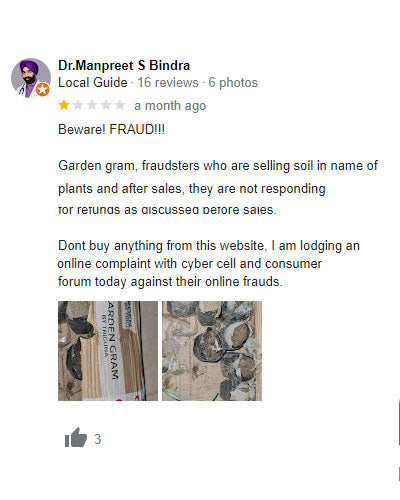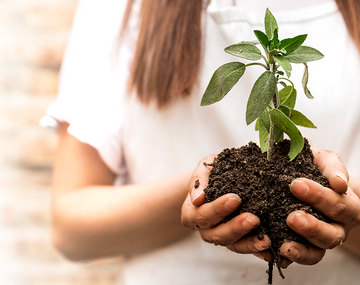Homemade Compost – Turn kitchen waste into manure
Tired of not being able to use kitchen waste for something useful? We’ll teach you how to make manure for your garden. Right in your home!
Confused about what to do with the peels of capsicum, onion and tomatoes? Re-use or throw. You’re not alone!
Gardengram is here to share some amazing ways to use your kitchen waste as plant food. But before that, let’s understand the basics of a compost.
What is composting?

Compost is the decayed organic matter which we use as fertilizer for plants. The breaking down of solid organic matter in the presence of air to form a natural fertiliser is composting.
Now, how do we start? Let us go over it step by step.
First & foremost- Get the pot right!
Take a container that you can cover. We recommend using earthen pots over plastic ones as they are porous, aka, allow water to flow out of them. You can be flexible about the size as per your requirement. It can be as big as your bathroom bucket and as small as your work paper bin.
What to add in it?
Once you’ve chosen the container, add some soil to it. Above this, place dry paper and leaves covering one-third of the container. Once this lower layer of soil, paper and leaves gets done, we’ve got the remaining two-thirds space to manage. Add vegetables’ and fruits’ leftovers and peels to that. Don’t forget to cover it.
Time to hole it up.
Make a dozen holes on your container’s surface, bottom and cover. Keep them nostril sized. Use a drilling machine for this if you have one or go old school with a hammer and nail. These holes will help the organic matter in your compost to breathe. Below this natural food factory for plants, place a vessel for collecting residual liquid waste. This waste is good to add to their soil even before the manure is ready. Hail mother nature.
Keep in mind to avoid the buzzers.
To keep away flies and mosquitoes, cover the top and side holes with a cloth. Air will still get in but not any hungry buzzer. Twice or thrice a week, with a rubber glove covered hand or a solid spatula, mix and stir the compost matter. This will facilitate the composting process and give you homely manure in about 6-8 weeks. Trust nature!
Avoid these mistakes!
Don’t overstuff your compost with waste that your jaw can’t crush. It’ll only make the process hard. Because breaking down watermelon peels and eggshells takes time. Also, make sure to not add bread, chapati, meat or oil into it. These things invite pests from their unpleasant smell. Curd and water speed up decomposition, so feel free to add them in limited quantities.
Don’t forget to share your composting stories with us on our social handles.




